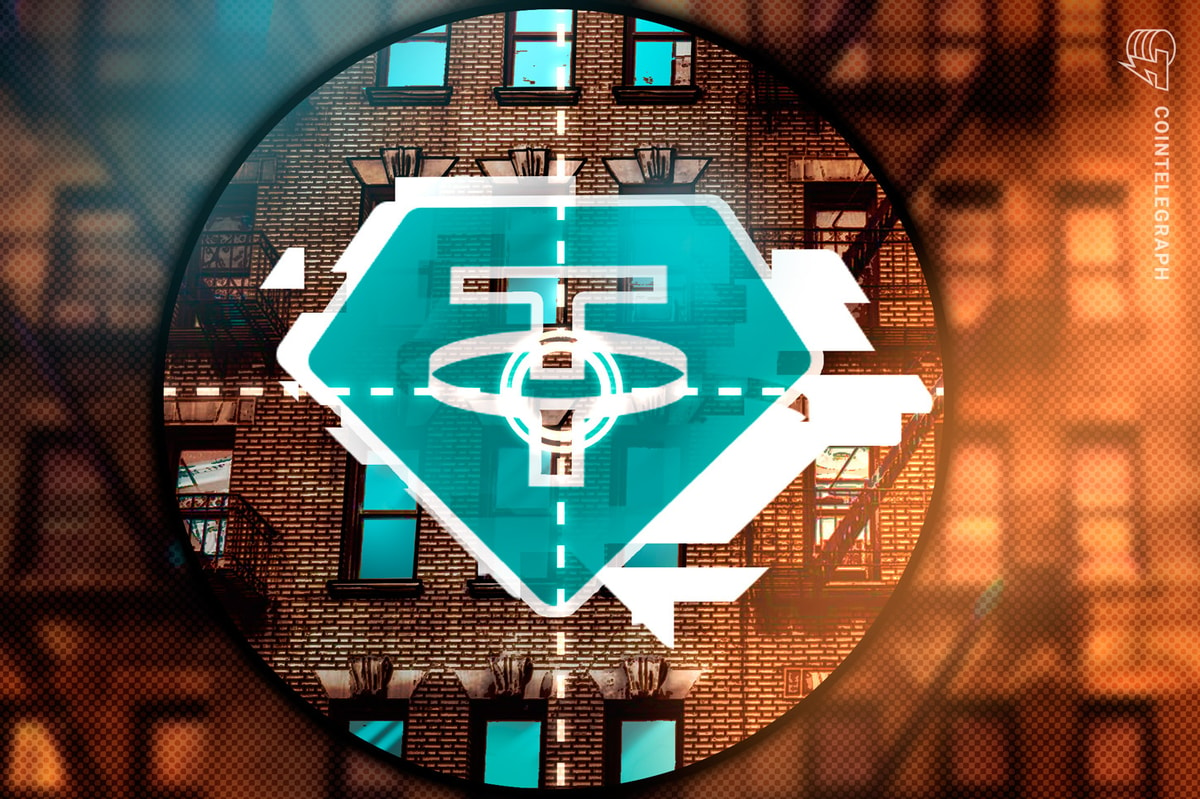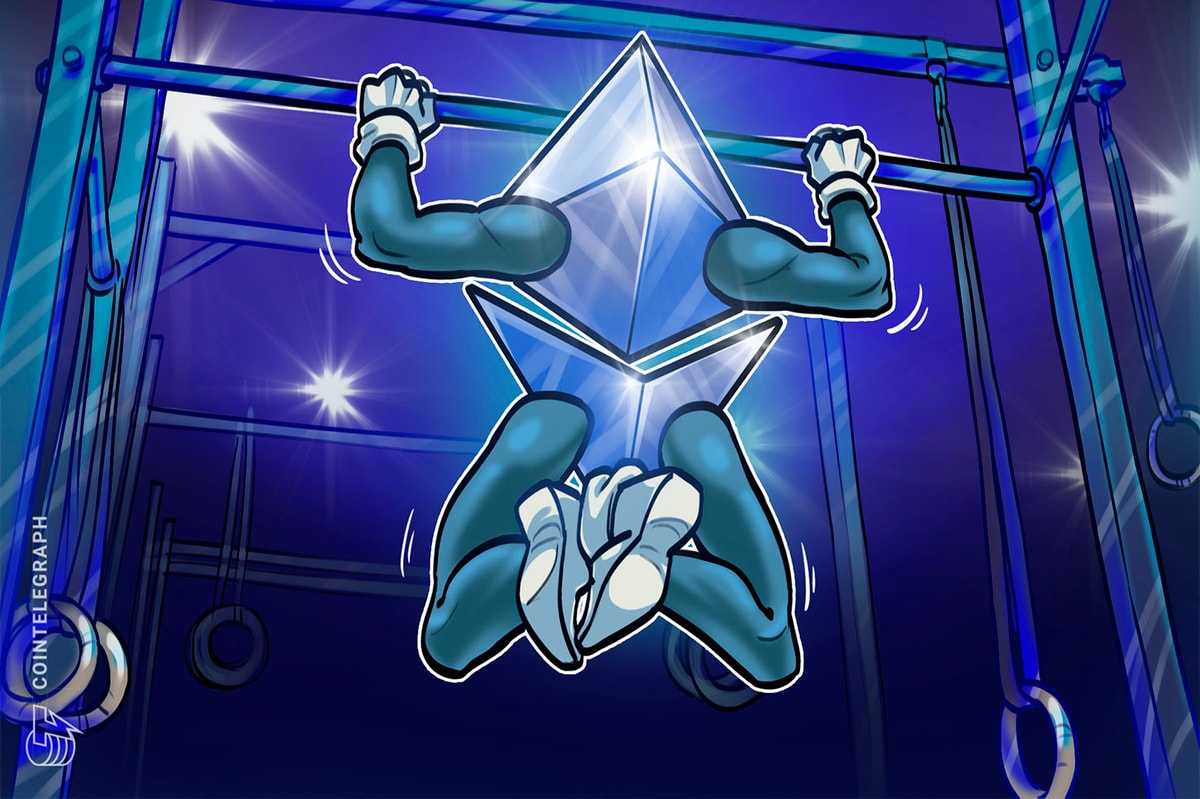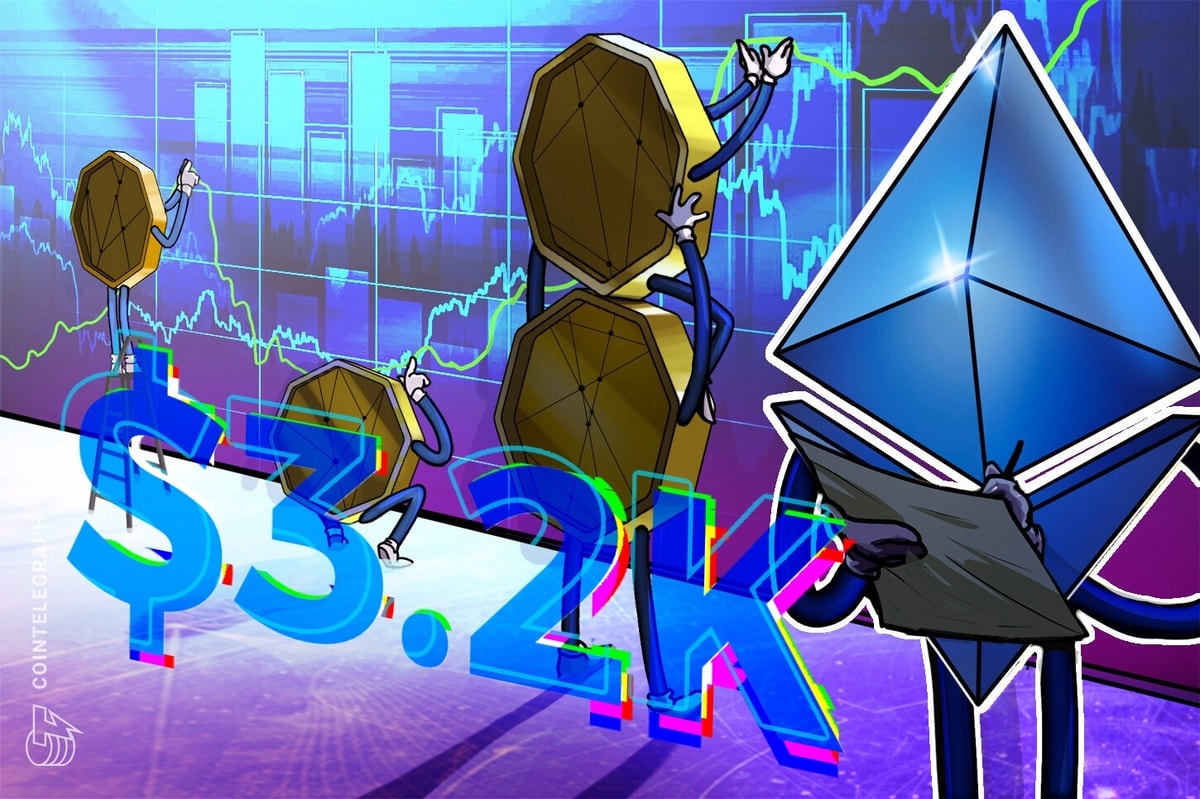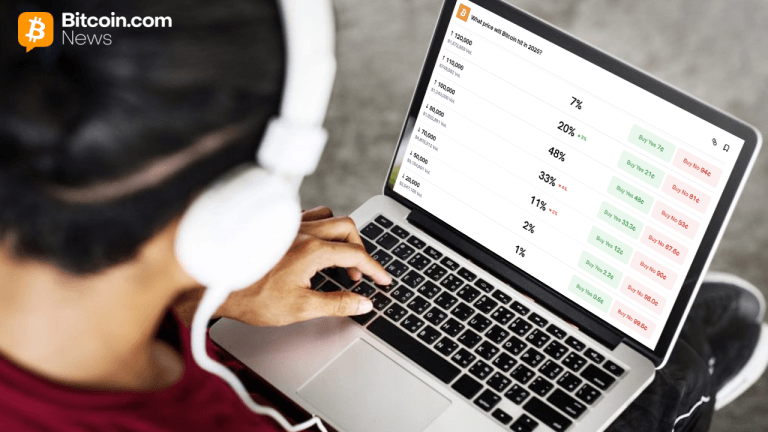How to create NFTs on the Cardano blockchain
7 min read
Cardano is a proof-of-stake (PoS) platform launched in September 2017 by Ethereum co-founder Charles Hoskinson. In September 2021, Cardano added support for smart contracts, which paved the way for developing decentralized finance (DeFi) and nonfungible token (NFT) applications. NFTs landed on Cardano’s blockchain in 2022, with Cardano’s native cryptocurrency ADA (ADA) utilized to buy and sell them.
The deployment of smart contracts on Cardano allowed the creation of NFT marketplaces, including CNFT.IO and Jpg.store. These marketplaces facilitate NFT projects on Cardano in a cost-effective and scalable way, attracting many enthusiasts seeking a user-friendly platform for creators and traders with low-cost transaction fees.
How to mint Cardano NFTs?
Minting and creating collections are no longer intimidating hurdles for the non-techie NFT enthusiast, as minting on Cardano is similar to doing it on Ethereum or Solana. The platform offers a lot of help with guidelines to take the creators through the process.
An original NFT can be anything from a single artwork to a collection of unique items, such as the famous Bored Ape Yacht Club and CryptoPunks collectibles created on the Ethereum blockchain.
Once the artwork is produced, it is then minted into an NFT. The next steps are finding the right platform to mint the NFT and the proper marketplace to sell it.
Here’s how to create NFTs on the Cardano blockchain:
- Set up a wallet; secure your seed (recovery) phrase.
- Deposit some ADA into the wallet to cover minting and transaction fees.
- To mint Cardano NFTs, choose a compatible user-friendly NFT maker platform, like the NFT-maker.io platform.
- Click on the “Mint NFT” button, and you will be asked to upload an image.
- Select the music or image file you want to upload.
- On the next page, you can add metadata such as the title, author, etc.
- You can use the InterPlanetary File System (IPFS) for better and more secure storage capability.
- Then you need to send some ADA to the payment address shown on the next page.
- Your NFT should now be on its way and arrive at the wallet to which you deposited ADA.
Cardano NFT wallets
Cardano wallet enables participants to use the ADA ecosystem by sending, receiving, storing and staking ADA and Cardano fungible and nonfungible tokens. Cardano NFT wallets allow users to access blockchain-based decentralized applications (DApps) like decentralized exchanges (DEXs), DeFi apps and NFT marketplaces. Before choosing the right wallet, it’s best to investigate its security and reputation to avoid risk.
Nami wallet is a browser extension wallet that can be used on browsers such as Brave, Google Chrome and Microsoft Edge. Its straightforward interface makes it a user-friendly wallet to manage all Cardano tokens, including Cardano NFTs, and create multiple accounts without many problems.
The wallet can connect to all Cardano DApps and NFT marketplaces and is compatible with major hardware wallets like Trezor and Ledger. Users can stake ADA with the Nami wallet, but they can only delegate the cryptocurrency to one developer’s stake pool, the Berry Pool.
Daedalus is an open-source cryptocurrency desktop wallet developed by blockchain infrastructure research and engineering company IOG (formerly IOHK). It is considered a highly secure wallet compatible with Windows, Mac and Linux, with straightforward backup and recovery features.
Users can manage all Cardano blockchain tokens, including native assets and Cardano NFTs. Unlike the Nami wallet, Daedalus allows users to stake and delegate their ADA to multiple pools. It is compatible with all the major hardware wallets, including Ledger and Trezor.
Flint Wallet is a Cardano native browser extension wallet. Like most Cardano NFT wallets, users can connect to Cardano DApps like Cardano DEXs and Cardano NFT marketplaces. It is also compatible with Ledger, Trezor and most popular hardware wallets.
How to buy NFTs on Cardano?
There are several ways and places to buy Cardano NFTs. Users can trade NFTs on specific Cardano NFT marketplaces, but they can also mint them during NFT collection launches and drops or receive them as rewards. All that is needed to buy and sell Cardano NFTs is a native wallet compatible with ADA NFT marketplaces and websites.
Minting cryptocurrency nowadays provides straightforward tools to facilitate the process. Minting simply means creating the NFT by turning an image or a music file into a nonfungible token on the Cardano blockchain.
Users should be aware of the policyID that every Cardano NFT collection item must display to verify its identity and authenticity. This safeguards people from malicious activities and scams that populate the crypto space.
Cardano NFT marketplaces
As Cardano is a fast-growing platform for creating and trading NFTs, new marketplaces emerge regularly. Here are some popular and longstanding platforms to buy and sell Cardano NFTs.
Jpg.store
Jpg.store is a user-friendly, smart contract-enabled NFT marketplace that allows users to create, buy and sell NFTs. It’s a simple marketplace to use, where buyers can access a list of top collections and select the NFT based on price and unique properties. Jpg.store also provides royalties for creators and rarity charts for every asset page.
Cardahub
Cardahub is a major Cardano NFT marketplace where users can buy, sell and mint NFTs. The marketplace provides a vast range of NFT tools for creators, digital asset collectors and investors. It’s also home to top collections like the Clay Nation, which includes over 10,000 NFTs.
Cardano Cube
As more than a marketplace, Cardano Cube is an NFT infrastructure aggregator with a list of over 1,000 Cardano-based decentralized applications (DApps) and projects. Cardano Cube is a user’s go-to informative platform for everything related to the Cardano ecosystem.
CNFT
CNFT was the first Cardano NFT marketplace, founded in July 2021. Since its inception, the marketplace has launched thousands of unique NFTs and hundreds of Cardano NFT art and music projects, putting it in direct competition with other mainstream NFT marketplaces such as OpenSea and Foundation.
CNFT supports Cardano NFT wallets such as Nami, Gero Wallet, Eternl and Flint Wallet, and provides interesting helping tools like the CNFT Calendar, the first event calendar for the Cardano NFT industry, covering NFT drops and events.
The CNFT Jungle is the most extensive automated Cardano NFT rarity database and CNFT market analytics platform. Like Cardano Cube, CNFT Jungle is a market aggregator that lists Cardano projects; however, CNFT Jungle prioritizes rarity.
How to buy and sell NFTs on CNFT?
Once the NFT has been created and minted, the trader must sign up with the CNFT marketplace to start navigating the platform. Here’s how to buy and sell NFTs on CNFT:
- First, you need to create an account. The system will ask for a username, an email address and a password.
- You’ll need to connect your NFT-loaded wallet to the newly created CNFT account to sell your tokens. CNFT.io supports any wallet compatible with Cardano NFTs, including Nami and Daedalus,
- Then simply click on “wallets” and add your wallet there. You can add your wallet by scanning the QR code or copying and pasting the public address to your Cardano NFT-supported wallet.
- Send the required amount of ADA to connect your wallet to the platform.
Once you have linked your Cardano-NFT-supported wallet to the marketplace, you’re ready to buy and sell NFTs.
The following steps may help in buying an NFT on CNFT:
The following steps may help in selling an NFT on CNFT:
Cardano NFT projects
The number of NFT projects on Cardano has steadily increased in the last few months. Despite the harsh competition, Cardano saw significant trade volume and demand for its NFTs and metaverse projects, with its popularity as an NFT platform constantly rising.
SpaceBudz was launched in March of 2021 on the Cardano blockchain and quickly grew to become one of the most popular projects within the community. The project had a pioneering role in the Cardano NFT community as one of the first Cardano NFT collections, a set of 10,000 collectibles representing cute astronaut animals, among other items.
It developed the NFT metadata standard and launched the first fully smart contract-based marketplace. Users can bid, buy or sell one of the 10,000 animals and creatures — some rarer than others — that form the collection to participate in this Cardano open-source project.
Pavia is a decentralized gaming NFT metaverse project aimed at collecting pieces of land to build sustainable spaces for the community. The project is named after the city where the Italian mathematician Gerolamo Cardano was born in the 16th century. The Cardano platform took its name from the Italian Renaissance polymath.
Yummi Universe is an ecosystem of NFT creatures, cards and other artwork collectibles. The rarity traits in the NFTs are the background, the headwear, the body and the face.
Yummi Universe offers a collaboration with a United Kingdom merchandise brand based on the fictional character Naru Naru and its food-loving adventures. The idea is to bring creature collections like Pokémon, Digimon and Moshi Monsters to the blockchain.
What’s ahead for Cardano
2023 is viewed by many as a year of recovery for crypto. The NFT, DeFi and metaverse industries appear to be attracting new media attention, enthusiasts and investors as the space recovers from the aftermath of FTX, Celsius and other big collapses in 2022.
Despite the bear market and negative crypto news, the Cardano NFT Ecosystem has become one of the most promising projects to watch out for in the next few years, with an increasing number of new users expected throughout 2023 and beyond.
Ethereum’s high gas prices and Solana’s issues around its relationship with FTX and Alameda — among the largest investors in Solana during its 2021 funding round — may all play in favor of Cardano’s continuing expansion, especially as its approach toward scalability and interoperability is producing noticeable results.





